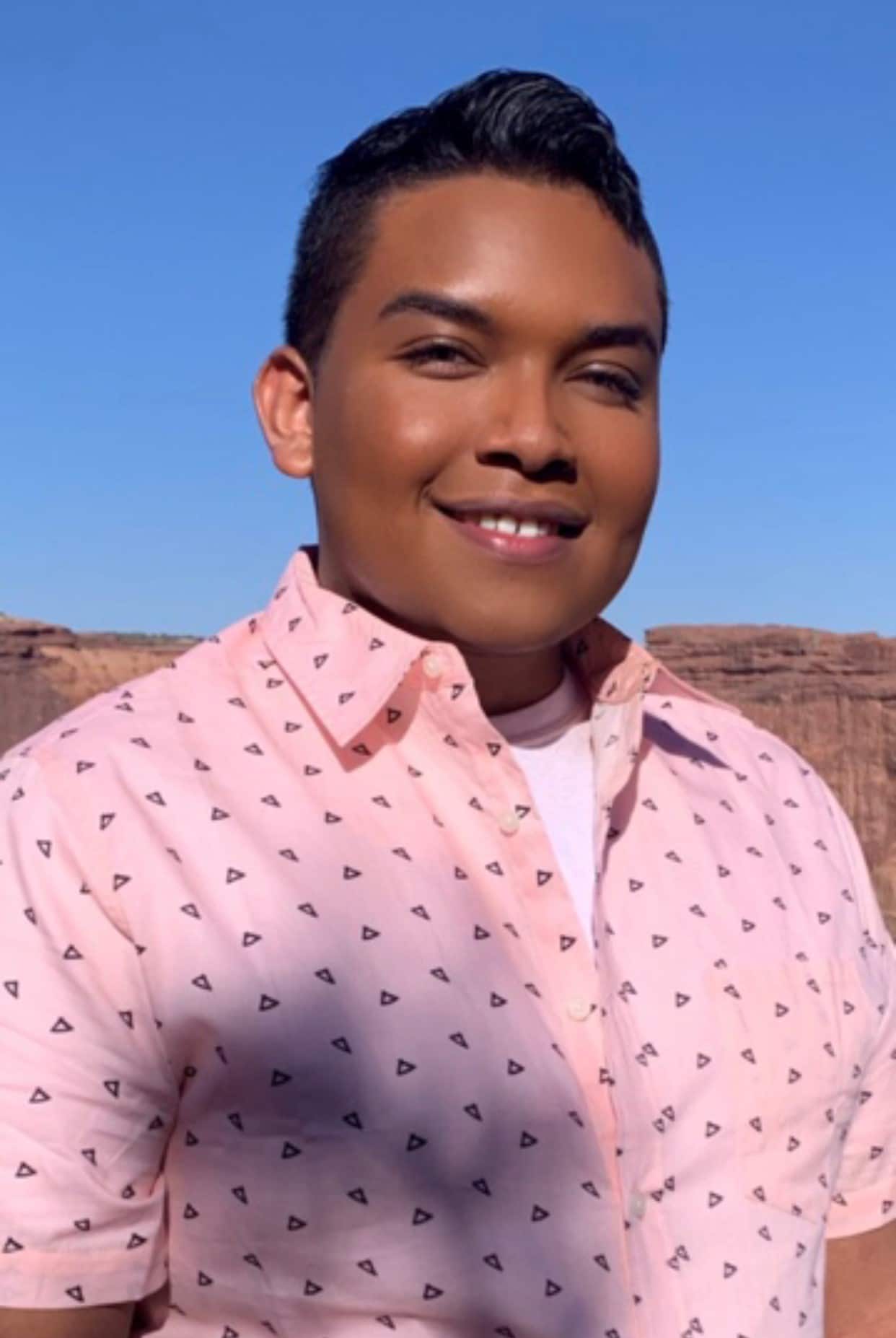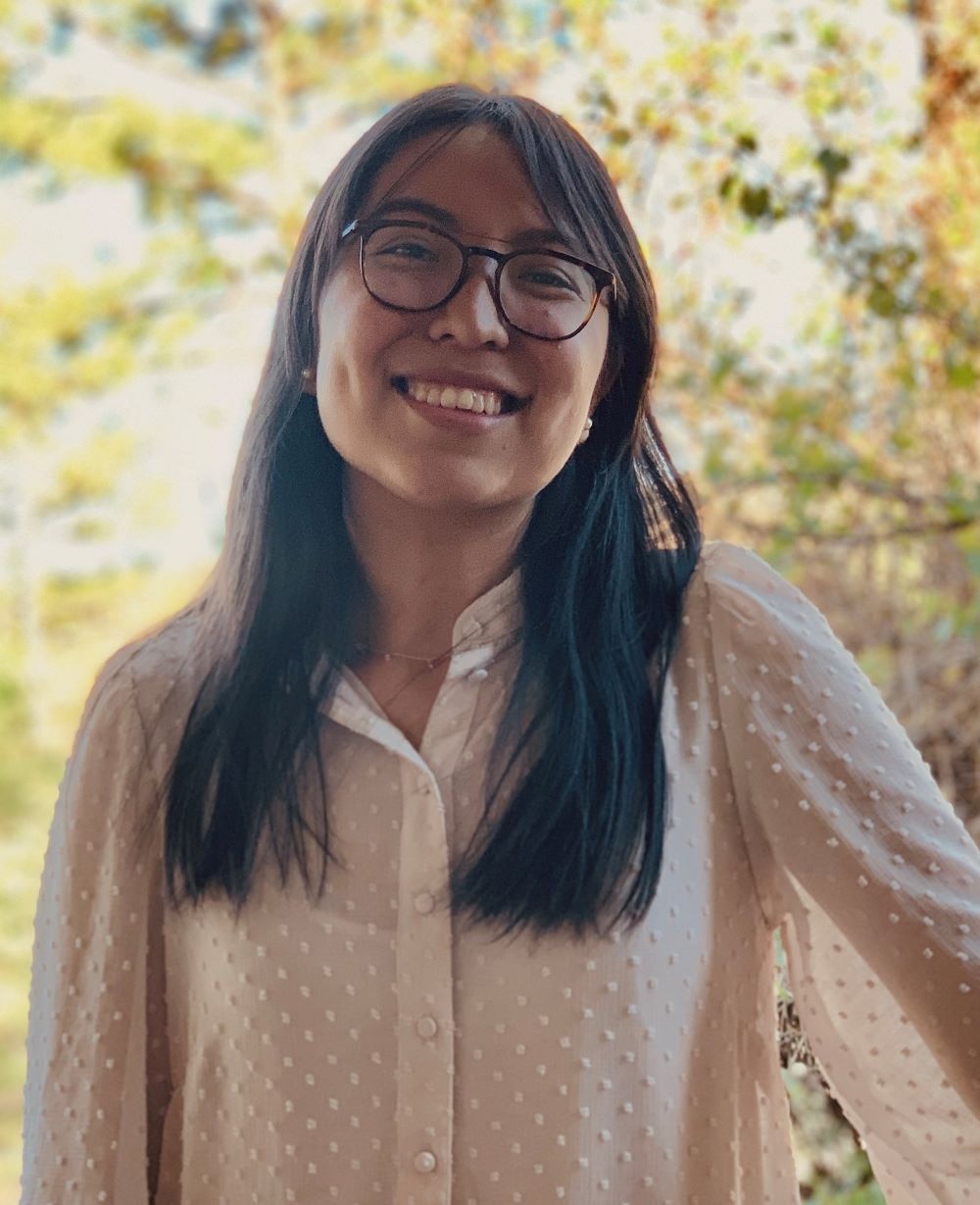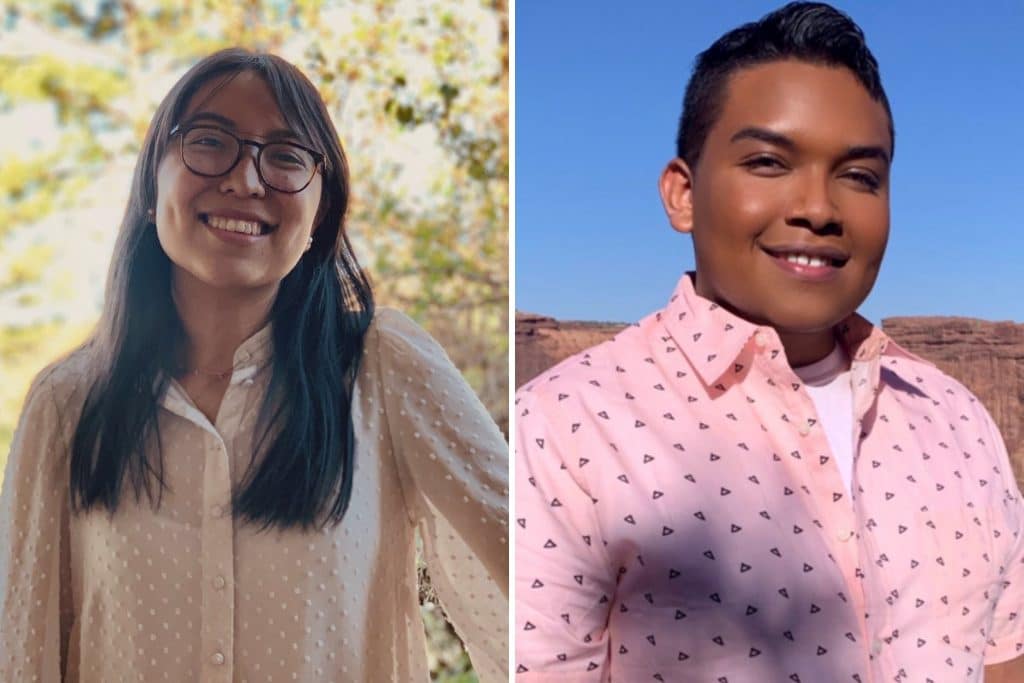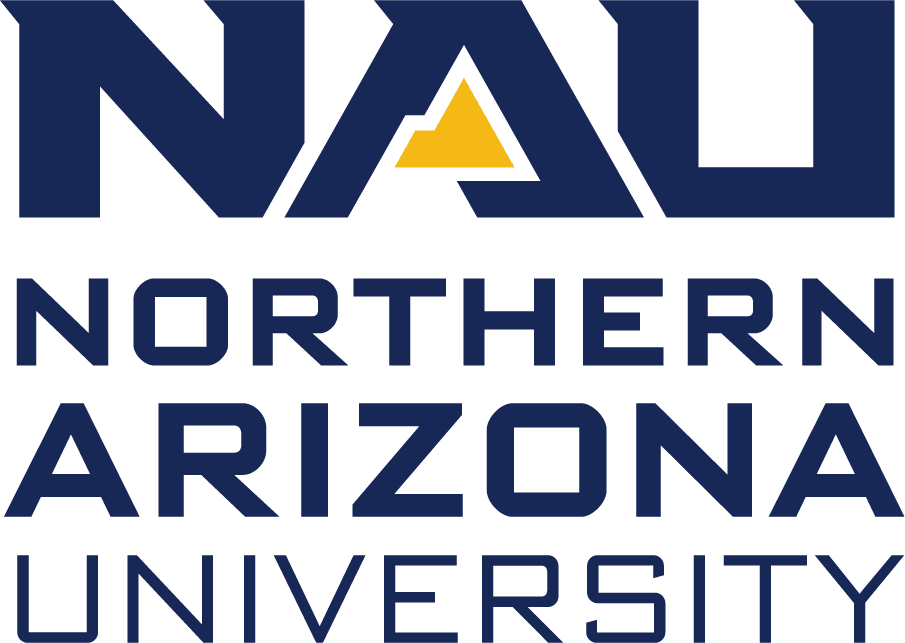Northern Arizona University first-generation undergraduate students Matthew Greyeyes, a two-time winner, and Beyonce Bahe received the national Cobell Undergraduate Scholarship . This scholarship is awarded by Indigenous Education, Inc. and is open to any post-secondary degree-seeking college students who are members of a federally recognized tribe.
The scholarship honors Elouise Cobell, who was born and raised as part of the Blackfeet Nation and dedicated her life to fixing the management of trust accounts with the Bureau of Indian Affairs (BIA). She sought accountability from the U.S. government for the abuse of Indian property. In 1996, she became the lead plaintiff in a class action suit, which became the largest settlement in U.S. history. Thirteen years later, the U.S. government agreed to pay $3.4 billion for the mismanagement of individual money accounts.
Prior to the settlement, she worked as the treasurer for the Blackfeet Tribe, founded the first Native American bank, won a MacArthur genius grant, was honored as a warrior by her tribe and left a legacy for the next generation to continue her work and question “the way the world works.”

Greyeyes is a junior from Chinle studying biomedical science with minors in Navajo language and chemistry; he plans to attend medical school after graduating. After witnessing health disparities on his reservation and how cultural language barriers inhibit communication between doctors and patients, he wants to improve health care within Native communities.
“It’s hard to believe I am a second-time recipient,” he said. “I am just as grateful as the first time I received the Cobell Scholarship. When I first received the scholarship, I screamed and called my mom to tell her the fantastic news. As a second-time recipient, I am eager to make the Cobell Foundation proud and to continue my education on campus next semester.”
After spending the year engaged in distance learning because of the pandemic, Greyeyes will return to NAU campus for the fall semester and use the scholarship to assist in housing costs so he can participate in undergraduate research with associate professor of biological sciences Sara Jarvis in her Cardiovascular Regulation Lab.
“When I left the reservation after high school, I didn’t believe that I could graduate or succeed,” he said. “NAU’s faculty and advisers tore down each of my preconceived notions and opened my eyes up to the endless possibilities that lie ahead of me. I didn’t believe there was space in academics for students who looked like me or shared the same background. I thought I would fail and head home. NAU has provided me with the confidence to continue my education and uplift the people of my reservation.”
Andrea Graves, Honors College coordinator for National & International Scholarships and Fellowships, and Barbara Youngs, coordinator of the Honors Writing Center, assisted Greyeyes and Bahe with their applications. Greyeyes said this year presented new challenges for him because he had to answer similar essay questions without being repetitive from last year and focus on what had changed in his life between the years. For Bahe, she said it was difficult at first to feel comfortable expressing her emotions and how she plans to work towards her goals after spending so much time of her academic career writing in a scientific format.

“I love chemistry. Working as an undergraduate researcher in a biochemistry lab is a dream come true,” Bahe said. “I want to learn more about science from a public health and surgical view, which is why I plan on getting my MD and MPH after I graduate. Secondly, learning another language and immersing myself in different cultures is something I am excited to explore. Although Japanese is difficult, I enjoy learning about the language. I hope to learn most, if not all, of the eastern Asian languages before I die.”
Bahe will use the Cobell Scholarship to support her goals. When she returns for the fall semester, she will continue working with Naomi Lee, assistant professor in the Department of Chemistry and Biochemistry. Some of the funds are being considered for a project which looks at self-assembling peptides being used as potential adjuvants for HIV, which has affected tribal communities prevalently in the past and has continued to the present.
“The Cobell Scholarship means a lot for me as a Native American student,” Bahe said. “After reading Elouise Cobell’s story, I had to emotionally collect myself. I have a deep appreciation for the dedication that Cobell had while striving for safety of her tribal community and tribal communities across the nation. I am thankful to be a vital part of Cobell’s journey and strive to continue the legacy that Cobell has made for herself and Native American communities across the nation.”
“It is my personal goal as a Cobell Scholarship winner to always carry her mission with me,” Greyeyes added. “The system placed on Native people did not provide many choices and was not constructed to benefit or preserve Indigenous culture and people. For that reason, these systems deserve to be questioned and challenged. This unwavering persistence to understand is what the Cobell Scholarship foundation instills in each of its recipients. After all, Elouise Cobell once said, ‘I want these kids to understand the way the world works and to question everything that comes before them.’”
Jacklyn Walling | NAU Communications




